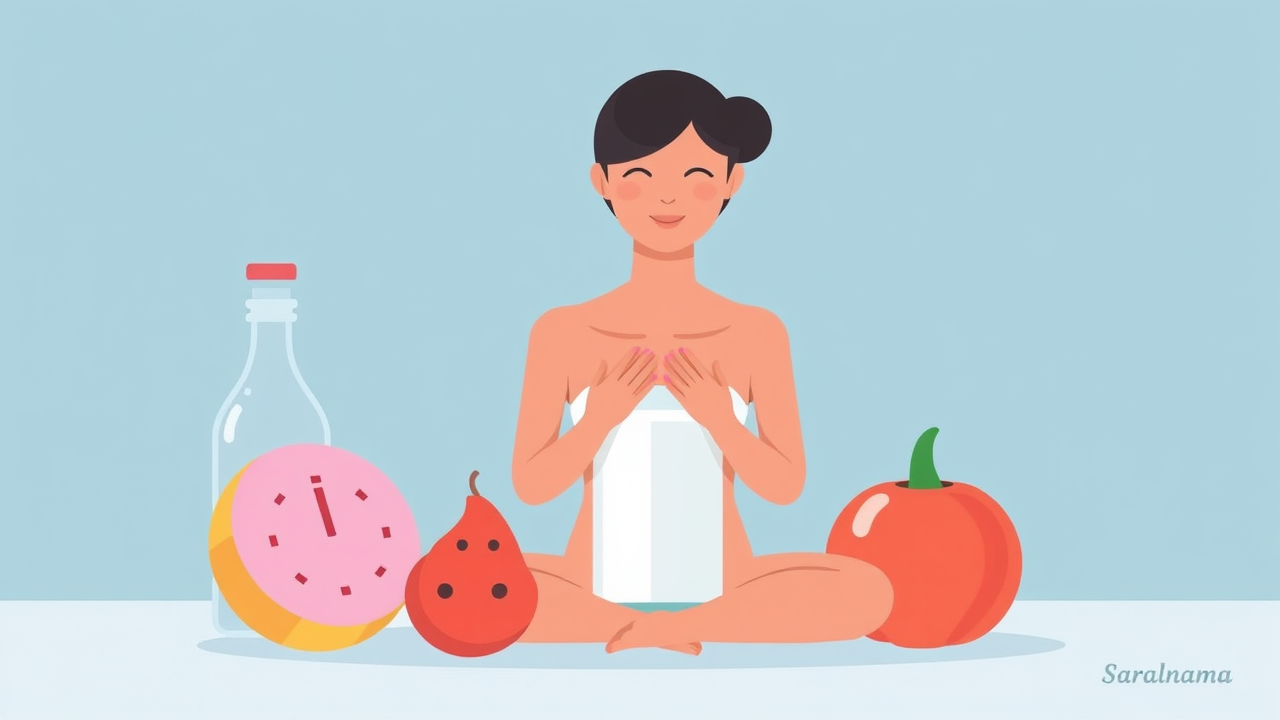Insulin resistance occurs when body cells fail to respond properly to insulin, the hormone that regulates blood sugar levels. Contributing factors include poor diet, sedentary lifestyle, stress, smoking, and alcohol consumption. While this condition can lead to prediabetes and fatty liver, consistent lifestyle modifications can improve insulin sensitivity and potentially reverse early-stage complications. Six simple daily habits have been identified as powerful tools in this fight: fasting between meals, taking short post-meal walks, increasing vegetable intake, avoiding prolonged sitting, consuming nuts and seeds, and eliminating smoking and alcohol. However, experts caution that these habits alone may not guarantee reversal for everyone. Individual health status, genetic factors, consistency, and sometimes medical intervention all play crucial roles. These practices create favorable conditions for improvement but should be viewed as foundational steps rather than standalone solutions. Medical guidance remains essential for comprehensive treatment.

Six Daily Practices to Improve Insulin Sensitivity
The recommended habits include fasting between meals for three to five hours to prevent constant insulin spikes and allow the gut to rest. A 10-minute post-meal walk helps muscles absorb glucose more effectively, reducing sugar spikes. Eating fibre-rich vegetables, particularly cruciferous varieties, aids digestion and protects the liver. Avoiding prolonged sitting reduces belly fat accumulation, with hourly standing or walking breaks proving very effective. Consuming almonds and pumpkin seeds with warm water provides vitamin E, zinc, and magnesium, supporting metabolism and reducing inflammation. Finally, eliminating smoking and alcohol is essential, as both directly increase inflammation, damage the liver, and worsen insulin resistance. According to Dr Vijay Negalur from KIMS Hospitals Thane, these habits create conditions where reversal becomes possible, though individual results vary based on health status and genetics.
Source: Link
